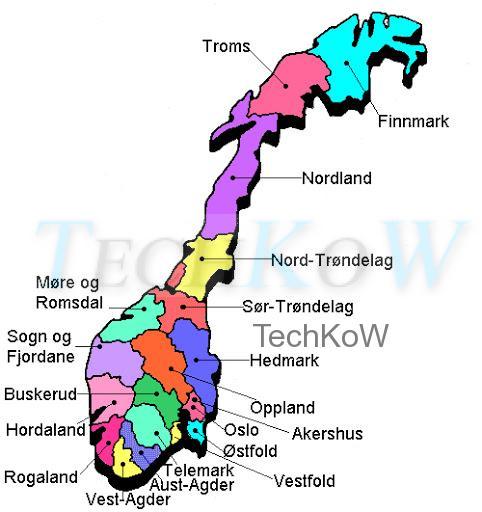In the current climate, the expectation bar of potential customers keeps exceeding and to provide them a commendable user experience, businesses do require an efficient biometric user authentication system. It also enables ultrafast customer onboarding along with following KYC/AML verification laws.
The biometric screening solution/program with a combination of human verification and AI-based models ensures complete protection from scammers and fraudulent activities as the forensic information unlike passwords is much more secure, the recognition solutions match the facial data of prospects with information available in confidential directories and classified watchlists to ensure their legitimacy.
Not only that, but biometric screening is an ongoing verification process to protect the valuable information and monetary funds of existing clients. The biometric consent authentication requires the customer to submit a note showcasing his willingness for a particular transaction before its processing to avoid any issues further.
How an Individual is Verified in Biometric Screening?
With an abundant amount of financial crimes being carried out successfully in the past years, banks and financial institutions are practicing codes of verification with great accuracy and attention to detail in order to reduce this massive volume. The compliance laws and regulations with respect to client extensive authentication and background checks, make the financial entities implement an AI-driven biometric screening program/solution to exterminate every ounce of suspicion.
-
In the first phase of biometric screening, the individual provides a set of ID documents with his/her images on them. For facial recognition, different sorts of documents are considered such as government-issued national identity cards, passports, driving licenses, and others.
-
The biometric screening solution performs state-of-the-art OCR technology. The scanner captures and validates the provided information on the documentation in no time with great accuracy by comparing the data sets with information stored in digital facilities and warehouses of regulatory bodies and intelligence agencies.
-
Along with the ID documents, in facial biometric screening, the prospect posts a live selfie. The biometric solutions authenticate the person’s identity on the basis of facial information.
-
The end results are processed in seconds in the form of a structured report and are saved in the verifying firm’s back-office.
How liveness is detected in Biometric Screening Solutions?
Depth Sensing
The biometric security system ensures that the user is who he claims to be and there aren’t older pictures uploaded of someone else, edited or photoshopped. In biometric recognition, the facial depth of the prospect is verified by means of an automated 3D depth analysis.
Faceprints
The machine learning algorithms in the biometric screening enable the faceprints to learn and identify certain facial features. The system recognizes the age, creed, and other similar appearance traits and matches the data against information available in data registration authorities and classified directories.
Minor Facial Expressions
The AI-powered biometric identity solution can derive significant information from non-verbal cues and behavior from the concerned individual, the slightest expressions by the prospect displays confidence or nervousness in seconds, which leads to accurate verification.
IRIS Scan
This technology in biometric screening solutions authenticates the credentials and ID of an individual by using a mathematical approach. The AI-driven model in biometric screening recognizes a pattern in the scanning of irises of the prospect. The medium guarantees absolute accuracy in no time by verifying images of the irises.
Even post customer onboarding, banks, and financial institutes can use IRIS scan in facial recognition to validate the control over digital transactions in moments.
Consent Authentication by Customer in Biometric Screening
The biometric screening program is not only restricted to KYC/AML verification at the time of verifying a customer. After the relation establishment, the system enables banks and financial institutes to prevent account takeovers and validate digital payments. The consent verification before sanctioning a specific withdrawal or transfer, confirms that the authorized person is willing to make the transaction.
Prior to approval, the customer is supposed to upload a picture of his/her with a clear note stating his/her personal credentials like DOB and name. The optical scanner of the automated biometric screening solution verifies the authenticity of notes and the customer by use of AI-based mapping tools and facial depth analysis in seconds with precise results.
This protects both organization and customer from financial chargebacks and monetary loss respectively.
Conclusion
In this digitized world, every person is extremely vulnerable, and with the graph of fraudulent activities and financial crimes inclining day by day, customers are very sensitive about their data and assets protection. The biometric screening solutions are an ideal way to eliminate every ounce of such risk. For safe sign-ups and digital payments, the AI-driven solution is the perfect choice as it unlike passwords provides a secure layer of protection. With advancements in prosthetics and technologies used to replicate the behavioral pattern of a soul, biometric screening is more essential than ever before in this vulnerable climate. They can prevent spoof and mask attacks by measuring facial depths and observing the non-verbal behavior of the concerned individual.





